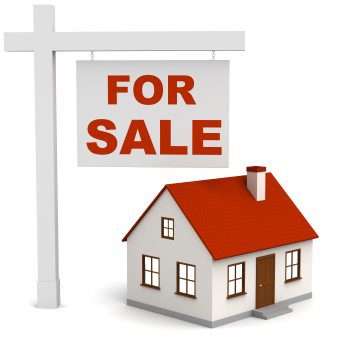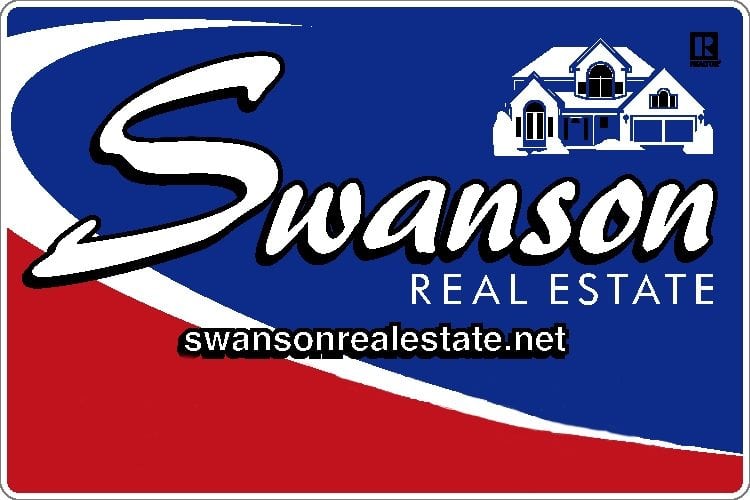Don’t overprice or you’ll scare away prospective buyers.
To set the right price on a home, you should combine an objective evaluation of your property with a realistic assessment of market conditions.
In good markets and bad, you are more likely to benefit by determining a fair value and sticking close to it than you are by asking an unrealistic figure and waiting for buyer response to sift out the “right” price. And in a buyer’s market, setting the right price from the outset may be the only effective strategy.
You could set a fair price and then refuse to bargain. But that would deter all those people who hate to pay full price for anything and like to feel they’re “getting a deal.”
Better to leave a little room for negotiation by asking slightly more than you expect to get — 5% to 10% above the value determined by looking at recent sales of comparable properties could be a good starting point. If sales are brisk in your area, you might just end up getting top dollar.
Don’t Overprice
What many sellers don’t realize is that overpricing can result in their getting less for their house than if they priced it right to begin with. The reason: Knowledgeable agents and buyers often won’t bid on a severely overpriced house. By the time the seller wises up, many of his best prospects will have bought other houses, decreasing demand for the now properly priced property. An overpriced house can end up being sold for less than it would have a few months earlier.
Source: www.kiplinger.com/


